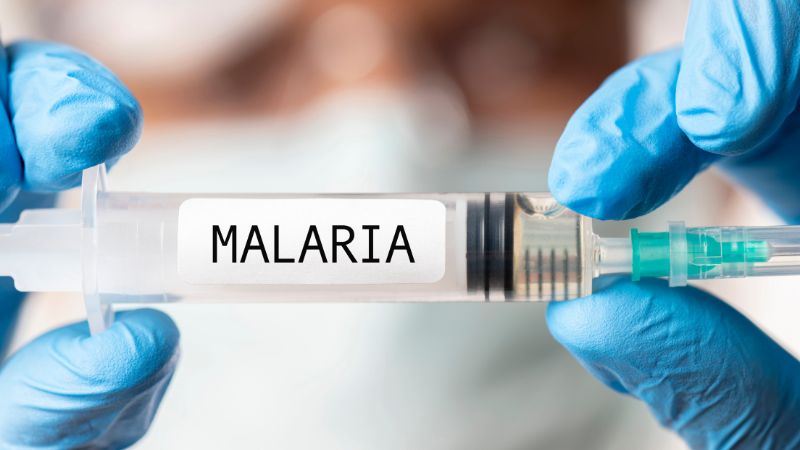Table of Contents
- Common Approaches to Treating Malaria Fever
- Understanding Malaria: Causes and Treatment of Malaria
- Early Signs of Having Malaria
- Malaria Diagnosis and Treatment
- What to do for the Prevention and Treatment of Malaria?
- Good Life Hacks to Know for Malaria Prevention and Care in Humid Areas
- Bottom Line
Common Approaches to Treating Malaria Fever
Did you know that every year, over 200 million people around the world are afflicted by malaria fever? This staggering statistic underscores the persistent global health challenge posed by this disease, particularly in regions such as sub-Saharan Africa and Southeast Asia. Malaria, caused by the Plasmodium parasite and transmitted through mosquito bites, not only causes widespread suffering but also hampers economic growth and development.
In this exploration of common approaches to treating malaria fever, we delve into the strategies that medical professionals and researchers have developed to combat this relentless illness through malaria medicine treatment. From time-tested methods to cutting-edge innovations, this journey unravels the multifaceted landscape of efforts aimed at alleviating the burden of malaria fever and bringing us closer to its ultimate eradication.

Understanding Malaria: Causes and Treatment of Malaria
Malaria is a potentially severe illness characterized by symptoms that typically involve shivering chills, nausea, and a high fever. When confronted with these signs of malaria fever, seeking proper malaria care from a healthcare provider is strongly advised. For individuals at risk of malaria infection, taking precautionary measures and adhering to preventive advice becomes crucial. This proactive approach aims to safeguard against the destruction of red blood cells and the onset of infection.
Also Read: Life Hack Tips
Early Signs of Having Malaria
Before understanding malaria prevention, you should be familiar with the early signs of malaria which causes health issues. However, malaria signs are very similar to normal flu. Some of the most common symptoms are as follows:
- Fatigue
- Muscle pain and headache
- Sweating and fever
- Body starts shaking due to chills
- Breathing health issues, chest pain, and cough
- Vomiting
- Nausea and diarrhea
If a malaria-infected patient is not treated, they may suffer from jaundice and anemia, as a result, the patient’s condition worsens. The symptoms of malaria usually appear anywhere from ten days to one or more days after a person has been infected.

Malaria Diagnosis and Treatment
When it comes to ways to stop malaria, accurate diagnosis and appropriate malaria prevention treatment are paramount. Your doctor plays a crucial role in guiding you through this process.
Also, they will ask about your current condition, early signs of malaria, and travel history. If you want your healthcare provider you ways to stop malaria, you must make sure that every detail about the place you have traveled is discussed in depth.
Malaria medical treatment procedures generally involve taking blood samples to give the right medication treatment. In simple words, first of all, the patient’s blood sample is sent to the laboratory to classify the type of parasite causing the symptoms.
Based on the test report, your healthcare provider suggests taking malaria medication to destroy the malaria parasite.
If you’re consuming antibiotics for malaria prevention treatment before seeking your healthcare provider, be sure to tell them about it earlier. Sometimes the interference of these drugs can cause side effects.

What to do for the Prevention and Treatment of Malaria?
If you are traveling in countries with high humidity and hot temperatures, you can become a target of malaria. Be safe from mosquito bites, and this is the best natural remedy to prevent the beginning of this disease. However, the severity likely varies from person to person based on their health records and physical condition.
Good Life Hacks to Know for Malaria Prevention and Care in Humid Areas
When it comes to simple life hacks that make a significant difference, few things are as important as safeguarding your well-being. Especially if you live in humid areas where the risk of malaria is higher, knowing effective life hacks can be a game-changer. Here are some life hacks tips to help you lead a good life while minimizing the risks associated with malaria:
1. Cover Up: Living in regions where malaria is prevalent means you should pay extra attention to protective measures. Wear full-sleeve clothes, a simple yet effective strategy to shield yourself from mosquito bites and potential infections.
2. Insect Repellents: Incorporating the use of insect repellent roll-on or spray into your daily routine can be one of the best simple life hacks. Apply it to your skin and clothing to ensure mosquitoes are kept at bay, even during outdoor activities.
3. Mosquito Nets: Embrace the age-old life hacks tip of sleeping under a mosquito net. It’s a proven method to prevent mosquito bites while you sleep, providing peace of mind and a good night’s rest.
4. Clean Living Spaces: Keeping your surroundings clean is among the essential life hacks tips. Dispose of garbage properly and maintain a dirt-free environment to minimize the breeding grounds for disease-carrying mosquitoes.
5. Early Detection: Detecting malaria symptoms early is a life hack that can’t be emphasized enough. High fever, cough, and other signs of malaria fever should prompt you to seek medical attention promptly to prevent the infection from worsening.
6. Secure Sleeping Quarters: One of the best simple life hacks for malaria prevention is ensuring your sleeping area is well-protected. Use mosquito nets or netting on windows and doors to keep mosquitoes out and safeguard your sleep.

Bottom Line
As a serious disease, malaria can be life-threatening, especially if left untreated. With adequate treatment and medication dose, one may fully recover. Conversely, a person may be at risk for severe malarial anemia, cerebral malaria, or nephritic syndrome. So, what are you waiting for? Consult your healthcare provider and ask for the malaria cure.
Thanks for Reading Our Blog
I hope you really found useful information in our blog. We appreciate your crucial time if you find it exclusive Please give us your suggested feedback. To find more blogs Go to the Home Page
